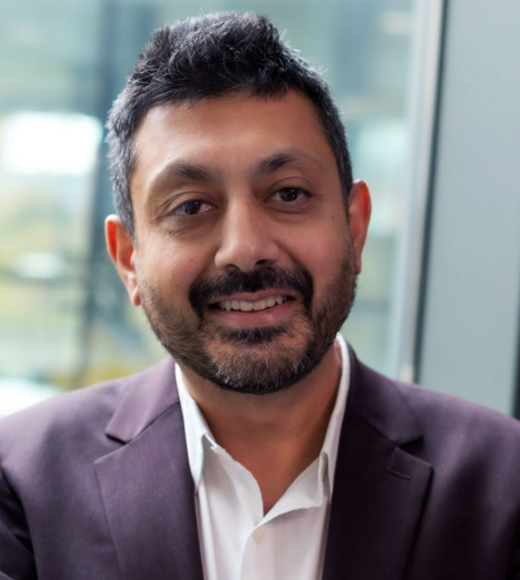
Baljit S. Khakh , Ph.D.
Professor of Physiology and Neurobiology
Born in the fertile farmlands of Punjab in northern India and raised in the gritty industrial Midlands of the UK, Khakh was an undergraduate at Cardiff University where he developed his interest in experimental work. He completed his Ph.D. at the University of Cambridge on a Glaxo Scholarship, and his postdoctoral trainings at the University of Bristol as a GlaxoWellcome Postdoctoral Fellow, and at the California Institute of Technology as a Wellcome Trust International Prize Travelling Research Fellow. Khakh started his independent research career as a Group Leader at the Medical Research Council Laboratory of Molecular Biology in Cambridge (UK) in 2001. In 2006 he joined the faculty at UCLA where he is now Professor of Physiology and Neurobiology. Khakh’s work has been widely recognized internationally, including with the British Pharmacological Society Bill Bowman Travelling Lectureship, the American Physiological Society Ueno Award, the European Molecular Biology Organisation Young Investigator Award, the H.W. Magoun Distinguished Lectureship, the NIH Director's Pioneer Award, the Paul G. Allen Distinguished Investigator Award, and the NINDS Outstanding Investigator Award from the NIH. He is a Fellow of the Royal Society of Biology and has presented over 200 research lectures around the world. He leads a vigorous team of diverse international scientists exploring fundamental astrocyte biology. In addition to his own research, Khakh started a grassroots physiology outreach program for underserved Los Angeles communities that he has co-run for 15 years, providing high school students with their first thrill of experimental research and discovery.
The Stars Align: Overlooked Brain Cells Critical for Physiology and Disease
The study of the brain, a highly complex multicellular organ, has witnessed spectacular advances in the last few decades. Despite this laudable progress, severe blind spots in our understanding of basic brain function and disease still remain. Many cell types that make up the brain are non-neuronal, and many aspects of these cells have been understudied or overlooked. The brain’s non-neuronal cells include glia, which represent about half of all brain cells. Khakh will describe a series of breakthroughs from his laboratory that provide new insights on predominant glial cells called astrocytes, named historically because of their alluring, yet deceptively simple star-like shapes. Khakh will address long-standing questions in neuroscience concerning the functions of astrocytes in the brain. After a period of intense exploration, it is now clear that signaling between astrocytes and neurons plays pivotal roles in both normal brain physiology and in disease conditions. By providing tools, mechanisms and concepts, Khakh’s studies lay foundations for further breakthroughs and new strategies to treat neurological and psychiatric diseases.
